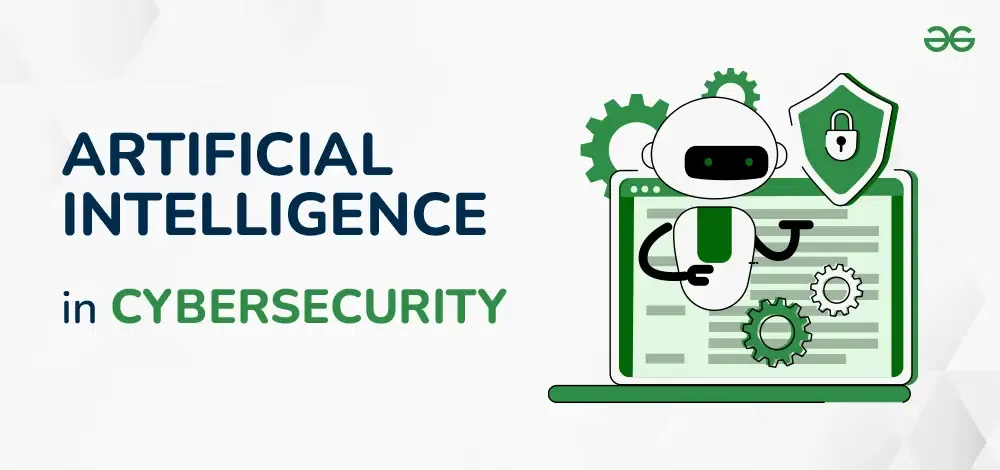(toc)
As technology advances, AI tools are becoming more innovative and essential for personal and professional use. Big tech companies are developing AI tools that are expected to change the way we work, communicate, and live. In this article, we explore the upcoming AI tools by leading companies, their exciting features, and their launch timelines. These tools are set to revolutionize the tech world and offer cutting-edge solutions to problems we face today.
1. Google’s Upcoming AI Tools
Google is a major player in the AI space, but the company has a few future AI projects that are expected to go beyond the existing Google Bard and Assistant. Here’s a look at some new tools in development:
a) Google’s AI Hardware Integration
One of the most anticipated launches is AI integration into Google hardware devices, such as Pixel phones, Nest products, and Chromebooks. Google aims to embed AI directly into its devices, allowing users to experience seamless AI-powered features offline.
Features:
- On-device AI for personal assistants.
- AI-powered image processing for photography and video.
- Real-time AI language translation even without the internet.
Expected Launch: 2025
b) Project Starline (AI Communication Tool)
Project Starline is an AI-driven communication tool designed to offer 3D video calling with high levels of realism. The tool uses AI to reconstruct 3D models of users during live conversations, creating the feeling of face-to-face communication without being physically present.
Features:
- AI-powered 3D video calls.
- Real-time facial emotion analysis.
- Immersive video calling experience, beyond Zoom and Meet.
Expected Launch: Mid 2024
c) Google's Quantum AI Tools
Quantum computing is a future-focused area that Google is exploring with Quantum AI. The goal is to create AI systems that operate at an unimaginable speed, solving problems traditional computers cannot handle.
Features:
- AI for quantum computing algorithms.
- Super-fast processing for scientific research and medical diagnosis.
- Solving complex problems that current AI struggles with.
Expected Launch: Expected in 2026 for early-stage tools.
2. Microsoft’s Upcoming AI Tools
While Microsoft Copilot and Azure AI are popular today, Microsoft is also working on next-generation AI tools designed to push the limits of what AI can do.
a) HoloLens 3 with AI Integration
Microsoft’s HoloLens mixed reality headset is expected to receive advanced AI features in the next version, allowing users to experience enhanced augmented reality (AR) for business, gaming, and healthcare.
Features:
- AI-assisted 3D modeling and simulations.
- Real-time AI analytics in augmented reality.
- Hands-free operation using AI voice commands.
Expected Launch: 2025
b) AI-Powered Dynamics 365
Features:
- AI tools for automating sales processes.
- Personalized customer service chatbots.
- Real-time AI-powered business analytics.
Expected Launch: 2024
c) AI for Cybersecurity
As cyberattacks increase, Microsoft is working on AI-based cybersecurity tools that will help detect threats faster than traditional methods. These tools will be embedded into Azure Security Center.
Features:
- AI-driven threat detection and prevention.
- Predictive analytics to prevent future cyberattacks.
- Self-learning AI that adapts to new security threats.
Expected Launch: Late 2024
3. Future AI Tools by Other Companies
Apart from Google and Microsoft, several other companies are working on game-changing AI tools that have the potential to reshape industries. Let’s look at some exciting developments from other tech giants.
a) Tesla’s Full-Self Driving AI (FSD)
Features:
- AI-powered self-driving on highways and city streets.
- Real-time decision-making with AI.
- Full autonomy with no driver assistance.
Expected Launch: 2025
b) Meta’s Metaverse AI Tools
Meta (formerly Facebook) is building AI tools to enhance its vision for the Metaverse. These tools will allow users to interact in a virtual world where AI creates virtual environments, avatars, and digital goods.
Features:
- AI for creating virtual worlds in real-time.
- AI-powered avatars that learn and evolve.
- AI-generated environments based on user preferences.
Expected Launch: Early 2025
c) IBM Watson Next-Gen AI
IBM Watson is an AI platform already in use, but IBM is developing next-generation AI tools that focus on AI for healthcare, finance, and research.
Features:
- AI tools for medical diagnoses and treatment suggestions.
- AI-powered financial risk analysis for banks and firms.
- AI-driven research to speed up discoveries in science and technology.
Expected Launch: 2024–2025












